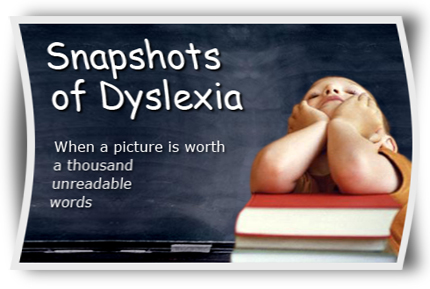
Though it afflicts as many people as the better known learning disability dyslexia, the math disorder, dyscalculia, receives much less attention from researchers and educators. As a result, those with the disorder are more likely to be unemployed, earn less, suffer from depression and run afoul of the law, and a new study out of the U.K. suggests that they are costing governments and society in general billions.
Unable to Learn
Dyscalculia is a learning disability that affects a person’s ability to learn math. Sufferers have difficulty learning and remembering basic facts. Simple things like counting or telling time take longer for them to master, and multiplication and division tables are often not learned before they are pushed on to more difficult math subjects, which compounds the problem. the ability to do mental math is the biggest hurdle for people with dyscalculia, and most will always need to employ the use of calculators, or even finger counting, to solve computation problems, which is discouraged in schools due to the mistaken belief that children who suffer from the disorder just need more practice.
As Common as Dyslexia
Although 5 to 7% of the population are thought to have dyscalculia, which is about the same percentage of people who have dyslexia, more money is spent on those with the reading and writing disorder. As a result, people with the math disabilities are often not diagnosed, and teachers have few strategies to deal with those who are.
Believed to be an inherited disorder, it is not linked to intelligence levels, and some of those who have it are often able to master other math skills like geometry.
A Personal Story
I suffer from dyscalculia and didn’t realize it until I was an adult. a special education teacher I worked with recognized the symptoms and was amazed I had managed to cope my way through high school and university math requirements because many of her students would likely not fare as well. it was a relief to know why I’d always had such a difficult time with math. More than one of my teachers had simply labeled me “lazy” or because I was a girl, a math avoider.
My own daughter struggles with math, and I have had to fight to have her tested and to get services for her. if she couldn’t read or had behavior issues, the school system would provide educational assistants and other resources, but there is little help for those who face math learning disabilities.
Though I know and have told her teachers that she will never fully master the basic facts, there is still a feeling among educators that people like us just need more “drilling.” but at 47 years of age, I still have to think before adding or multiplying, and I use my fingers to count. Knowing my limitations, I employ calculators a lot, and I used a computer program to figure grades when I was still teaching. Eventually, my daughter will have a grasp on what is and isn’t possible for her to do with numbers, and she will have coping strategies of her own, but there are paths in life that will be denied to her because of her disability.
Life Limiting Affliction
Learning disabilities in general limit people’s opportunities in life but for those with dyscalculia, the narrowing scope of educational and career choices is less obvious than for those with other disabilities. most health, science and computer-related careers have math requirements as part of their training, whether or not the math is relevant to the job, and those who have other learning disabilities on top of the dsycalculia, have ever more limited prospects.
Tell us Your Story
Do you have trouble with math? It’s almost fashionable for people to claim they were never very good at math when they were in school, but only a small portion of us actually had real issues. however, the way in which math instruction has evolved has left many students confused and pushed too quickly from one level to the next. what can you remember about your math courses as a child or teenager? And if you suffered from a learning disability, what resources were available? how did you learn to cope and were your career aspirations affected as a result?
Related Stories:
Four Reasons Finland’s Schools are better than Ours
Do We really Need Math?
Are too Many Children being Diagnosed with Special Needs?
Read more: education, dyscalculia, math disability costs society money